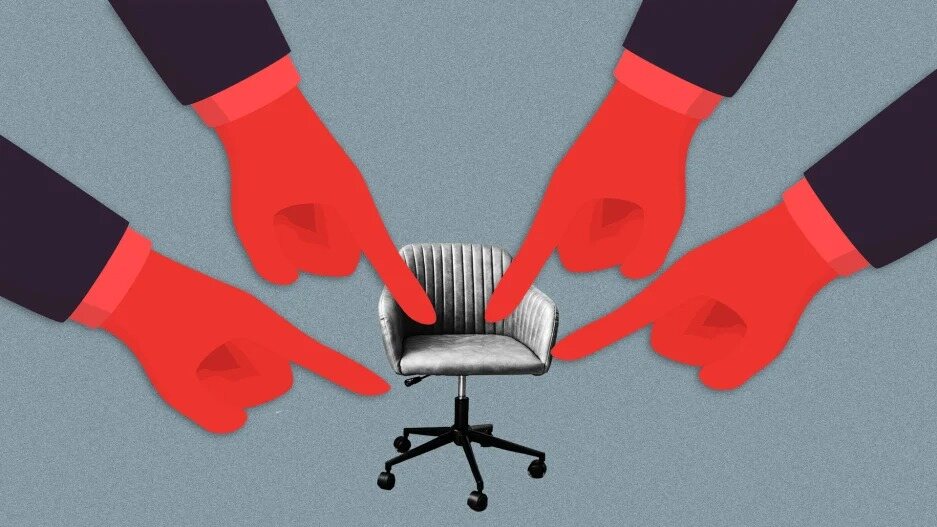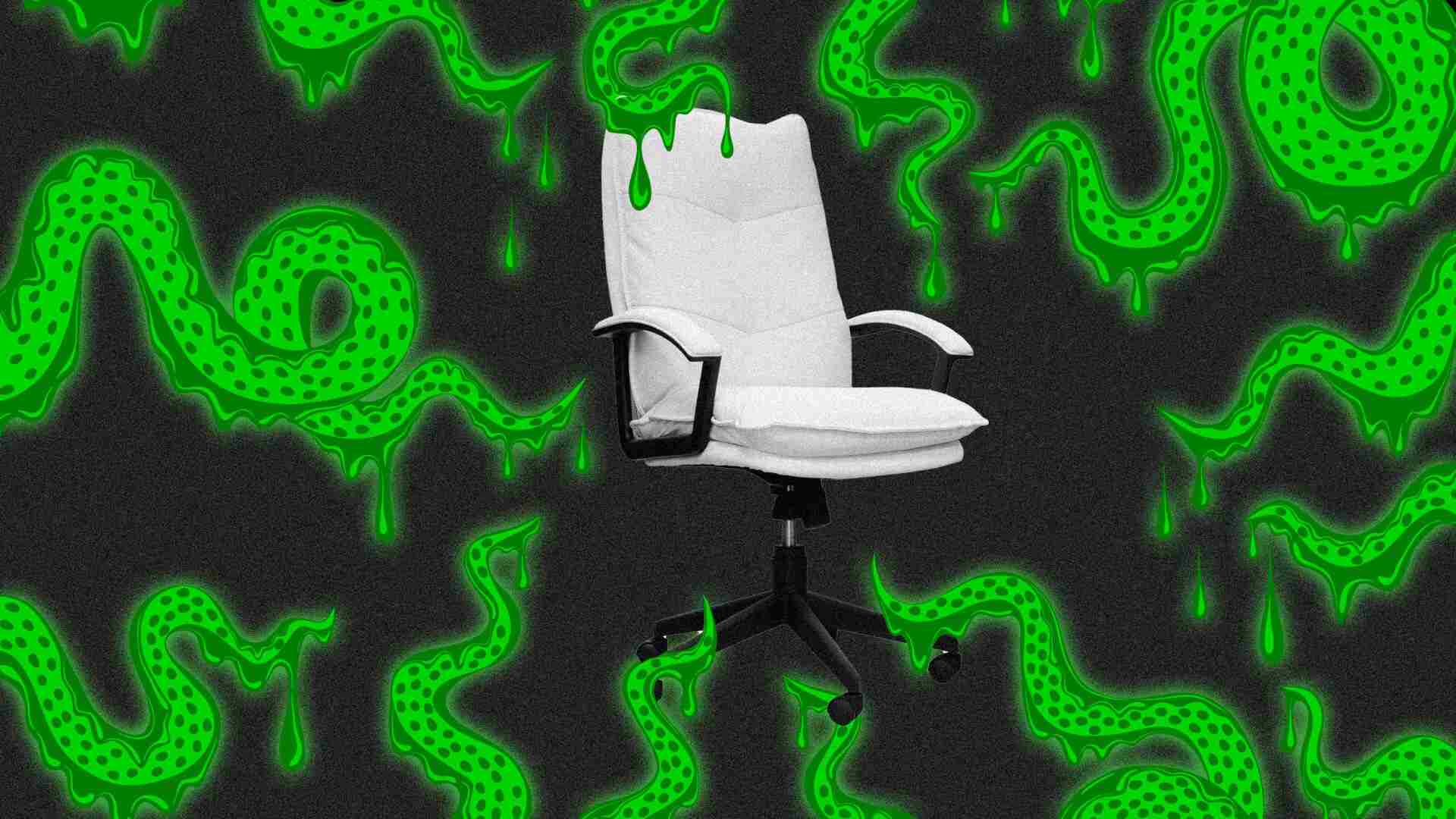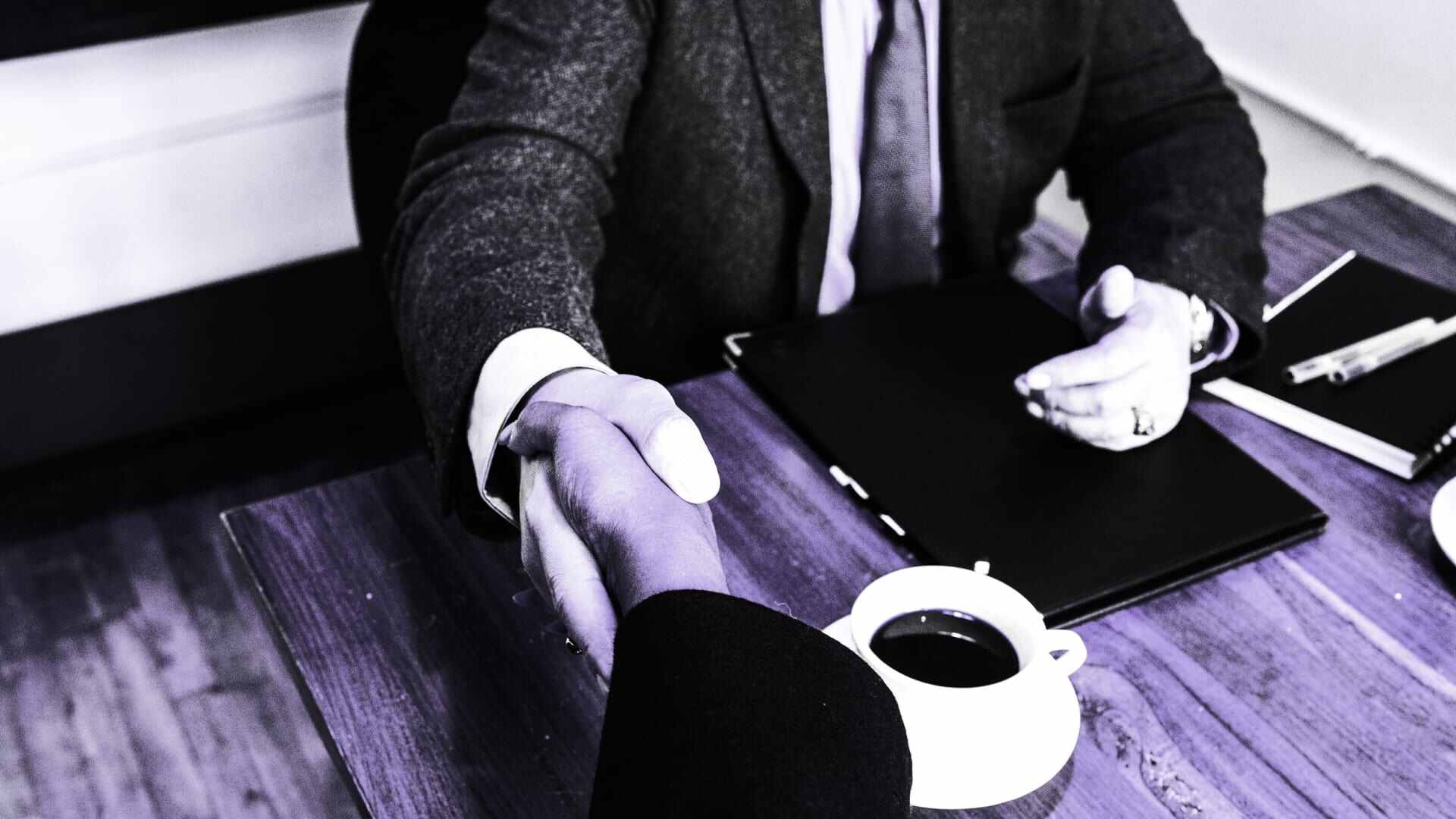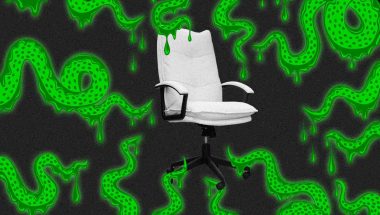- | 10:30 am
Workplace bullying eroded my confidence at work. Here’s how I recovered
Professional coach Zenica Chatman says that while leaders should address institutional workplace bullying, there are a few ways we can take matters into our own hands.

My manager stood above my cubicle desk, her arms raised as she screamed at me.
“Why can’t you be like everyone else on the team?” she roared.
And then she walked away.
When I looked up, my face hot with shame, I saw my team staring at me with embarrassment and disbelief.
“Are you okay?” a coworker finally asked. “That was insane.”
“Oh, that’s not her normal behavior,” I thought.
This wasn’t the first time my manager had behaved this way towards me, but it was the first time I realized that she didn’t treat the rest of the team like this.
A survey done by Gallup last year found that workplace discrimination disproportionately affects Black and Hispanic workers, and this type of discrimination can impact their feelings of psychological safety and sense of belonging at work and their ability to do their best.
Workplace bullying impacts more than 30% of American workers, which impacts an employee’s sense of psychological safety. In my case, I was systematically alienated from my teammates as my high-profile projects were slowly replaced with administrative tasks.
My work was highly scrutinized and often sabotaged due to a lack of direction and incomplete or vague assignments.
This was foreign territory to me. I’d always been the star student. For the first time, I was not shining.
It felt like there was no way out of this situation. Nothing I did seemed to change my leadership’s opinion of me. I came in early, stayed late, volunteered for more assignments, and nothing worked.
After many months of this intense scrutiny and alienation, I was completely broken.
My hands trembled when I wrote emails. I felt sick to my stomach anytime I submitted a project for review.
Eventually, I fell into an intense depression. I struggled to get out of bed in the morning, after tossing and turning most nights. I cried on my commute to work every day. I gained 20twenty pounds and even had to get fitted for a night guard because I’d started grinding my teeth at night.
The final straw came, during a particularly nasty conversation where I was berated, told that I was completely incompetent, and practically interrogated like I was on trial. After throwing her papers across the desk at me, my manager asked me if I had anything to say.
By this point, I had a lot to say, and in that moment, I realized I had to stand up for myself.
While it probably wasn’t the most professional or productive conversation I’ve ever had in the workplace, that conversation is still the proudest moment of my professional career.
I told her exactly how I felt and what my expectations were of her as a leader, but mostly I told her that I was not going to accept this level of mistreatment any longer. We parted ways and I was quickly able to land another job with an amazing leader and great new teammates.
But, the new job didn’t fix me.
I was still broken, and now I was paranoid that maybe, just maybe everything that my previous manager had said about me was actually true.
I’d still proofread emails at least four times before sending them. I still didn’t speak up in meetings (even when I knew I had something valuable to say). And while they were lovely people, I still didn’t trust my new teammates.
If I was going to get back to being the rock star employee that I’d once been, I’d have to fix myself. While leaders should address institutional workplace bullying, there are a few ways we can take matters into our own hands.
ACKNOWLEDGE YOUR FEELINGS
When I was bullied, I wanted so badly to be validated by my workplace. I went to HR. Nothing happened. I wanted my teammates to step in on my behalf. None of them did. I learned that I had to acknowledge my own feelings and the hurt and disappointment that I felt, even if my workplace never did. Burying my feelings was not going to help me heal from this traumatic experience.
DROP THE LIES
Bullies and toxic work cultures have the unique ability (through consistent harassment) to make you think that you are just not good enough to be in the same room, office building, or team as them. I decided to sit down and write all the “lies” my bullies had said about me, and then I ripped that piece of paper to shreds.
REPLACE LIES WITH THE TRUTH
I pulled out another piece of paper and wrote down everything I knew to be true about myself as an employee and a person. And I would read that list of truths to myself every morning before starting my work day. Doing this every day and adding new points of evidence helped me slowly start to rebuild my confidence.
FIND ALLIES
Having a community to support you is vitally important as you are going through or coming out of an extremely negative workplace situation. I created a team of trusted adviseors, coworkers, and friends that I leaned on for mental and emotional support while I was going through my bullying situation and even afterward, because, again, a new job by itself won’t heal you. You’ll need that support system.
Since doing this inner work, I have found career joy and confidence at work (and never had another bad performance review). On top of this, it led me into coaching, which has given me the opportunity to help other women and women of color rebuild their confidence after encountering a workplace bully.
Workplace bullying is taxing, and exhausting, and it can completely erode our confidence. While finding a supportive work environment is crucial for career fulfillment, it’s equally important that we do the inner work that allows us to both survive and thrive in professional environments.






































